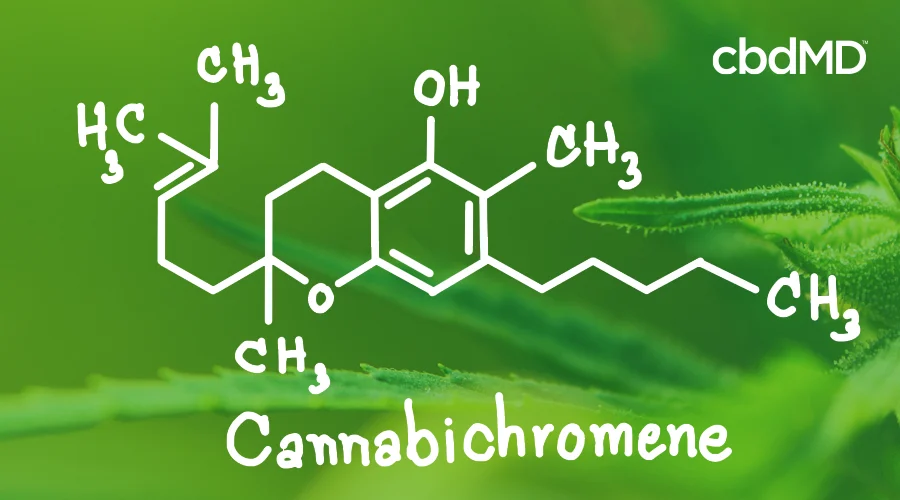Cannabichromene is a phytocannabinoid that works with CB1 and CB2 receptors in the body. It inhibits apoptosis and promotes neurogenesis. In addition to its anti-inflammatory effects, when you buy CBC reduces inflammation and toxins in pain.
Cannabichromene is a phytocannabinoid
Cannabichromene is one of the most abundant phytocannabinoids in cannabis. It has been found to have various medicinal benefits in animals and human subjects. It was first discovered in 1966 and is one of the essential compounds in full-spectrum cannabis products. Despite being similar to other cannabinoids, cannabichromene does not produce psychoactive effects. However, this compound has shown promise in treating inflammatory conditions in animal studies.
Cannabichromene is the second most abundant phytocannabinoid found in drug-type cannabis. It has remarkable antibacterial properties, but more research is needed to discover exactly how it works. However, it is a promising compound to study for its potential to fight drug-resistant bacteria.
It promotes neurogenesis
Recent research has shown that a chemical found in marijuana called cannabichromene promotes neurogenesis. This substance has been shown to reduce the effects of pain and stimulate the production of new neurons in the brain. It has also been shown to be effective in treating mood disorders. Specifically, this compound has been shown to help with symptoms of depression, anxiety, and other mental illnesses.
The effects of cannabichromene may be similar to those of other cannabinoids, such as THC. The chemical may contribute to the anti-inflammatory and antiviral effects of medical marijuana, and it is also an essential part of the drug’s antidepressant properties. However, its antidepressant properties have led researchers to believe that it can benefit a range of disorders, from depression to neurodegenerative conditions.
It inhibits apoptosis
Cannabinoids, such as cannabichromene, inhibit apoptosis in cancer cells and modulate signaling pathways involved in cancer progression. They also inhibit the growth of tumor cells and block the metastasis of cancer cells. These results indicate that cannabinoids may have therapeutic potential against various cancers.
Cannabinoids inhibit the inflammatory process by activating cannabinoid receptors, which inhibit cytokines and cell proliferation. Inflammation is an essential process in the body and occurs when innate immune cells detect pathogens, danger signals, and injuries. These cells release inflammasomes, which trigger signal cascades that recruit leukocytes to the injury site. Chronic inflammation, however, can be a problem if it is misregulated.
CBD inhibits cell growth by inducing cell cycle arrest at the G0-G1 phase, corresponding to decreased CDK2/cyclin E protein levels. The mechanism of action of cannabinoids also involves several apoptotic changes, including the morphological changes of cells, cytoplasmic vacuolization, and the increase in caspase-3 and -9 levels. In addition, cannabinoids activate the mitochondrial apoptotic pathway, where they cause ER stress and apoptosis-inducing protein expression.
It reduces pain
Cannabichromene is a non-intoxicating compound found in cannabis that reduces pain in animals. It works similarly to THC and CBD but does not contain psychoactive or hallucinogenic properties. It also appears to promote brain development. It may also have therapeutic benefits for arthritis and other inflammatory conditions.
This compound reduces pain by stimulating the production of endocannabinoids. It also reduces inflammatory substances in the body. It is best used as an oil, which is convenient to use. The endocannabinoid system produces anandamide, which is responsible for feelings of pleasure and motivation. When levels of this chemical are out of balance, people experience a gloomy mood.
Cannabichromene has been shown to reduce pain caused by collagen-induced osteoarthritis in animals. This compound also inhibits the inflammation associated with collagen-induced osteoarthritis. Cannabinoids act differently than NSAIDs to reduce inflammation and don’t produce the same adverse side effects. One animal study found that cannabichromene and THC had a more significant anti-inflammatory effect than either compound alone.

